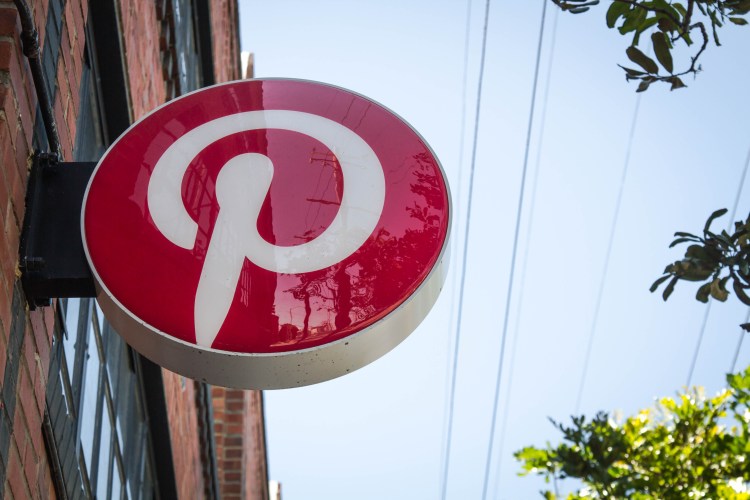Pinterest announced that it has acquired Jelly, the question and answer service produced by Twitter cofounder Biz Stone. Financial terms of the deal were not disclosed, but Stone will become a “special advisor” to Pinterest chief product officer Evan Sharp, while Jelly’s chief technology officer Ben Finkel joins the growth product team.
The addition of Jelly’s team could benefit Pinterest through its expertise in image recognition and building networks across products and machine learning. In addition, the use of artificial intelligence could better allow Pinterest to surface more contextual pins and ads.
Details about what’s going to happen to Jelly’s app remains unknown. In a Medium post, Stone admitted that both teams are “working out details” such as whether Jelly remains separate or will be integrated. “Nevertheless, we are incredibly enthusiastic and certain, that this is the best decision for the future of human powered search and discovery,” he wrote.
According to Bloomberg, Pinterest will be paying for the acquisition through its stock.
June 5th: The AI Audit in NYC
Join us next week in NYC to engage with top executive leaders, delving into strategies for auditing AI models to ensure fairness, optimal performance, and ethical compliance across diverse organizations. Secure your attendance for this exclusive invite-only event.
In a statement, Sharp spoke about the acquisition: “The Jelly team’s approach to an exploratory search powered by a mix of technology and human curation is closely aligned with our own vision. The addition of Biz Stone to the team, who’s one of the great product thinkers and creators of our time, will move us closer to our mission of building a product that helps people around the world discover and do what they love.”
Stone is no stranger to Pinterest, as he’s an angel investor in the company.
The history behind Jelly is a complex one since it was reincarnated at least three times. It started out focusing on Q&A, providing helpful answers for busy people in 2014, but then pivoted into another entity before famously “un-pivoting” again last year to become a company Stone told VentureBeat was something “I’ve always wanted.” Jelly moved out of beta and sought to become a search engine that tapped into people’s knowledge, crowdsourcing answers to questions.
“We finally came to our senses and built this thing that we wanted to do,” Stone explained last April. “It’s a new kind of search engine. We’re not competing with web search, but it’s a new way to get answers to your questions.”
The company joins a growing list of acquisitions that Pinterest has made in more than a year, including smart keyboard app Fleksy, deep-linking startup URX, Math Camp, Instapaper, and mobile commerce app Tote.
Jelly raised an undisclosed amount of funding from investors including Twitter cofounders Jack Dorsey and Evan Williams, Spark Capital, SV Angel, Greylock Partners, former U.S. Vice President Al Gore, LinkedIn cofounder Reid Hoffman, and others.

